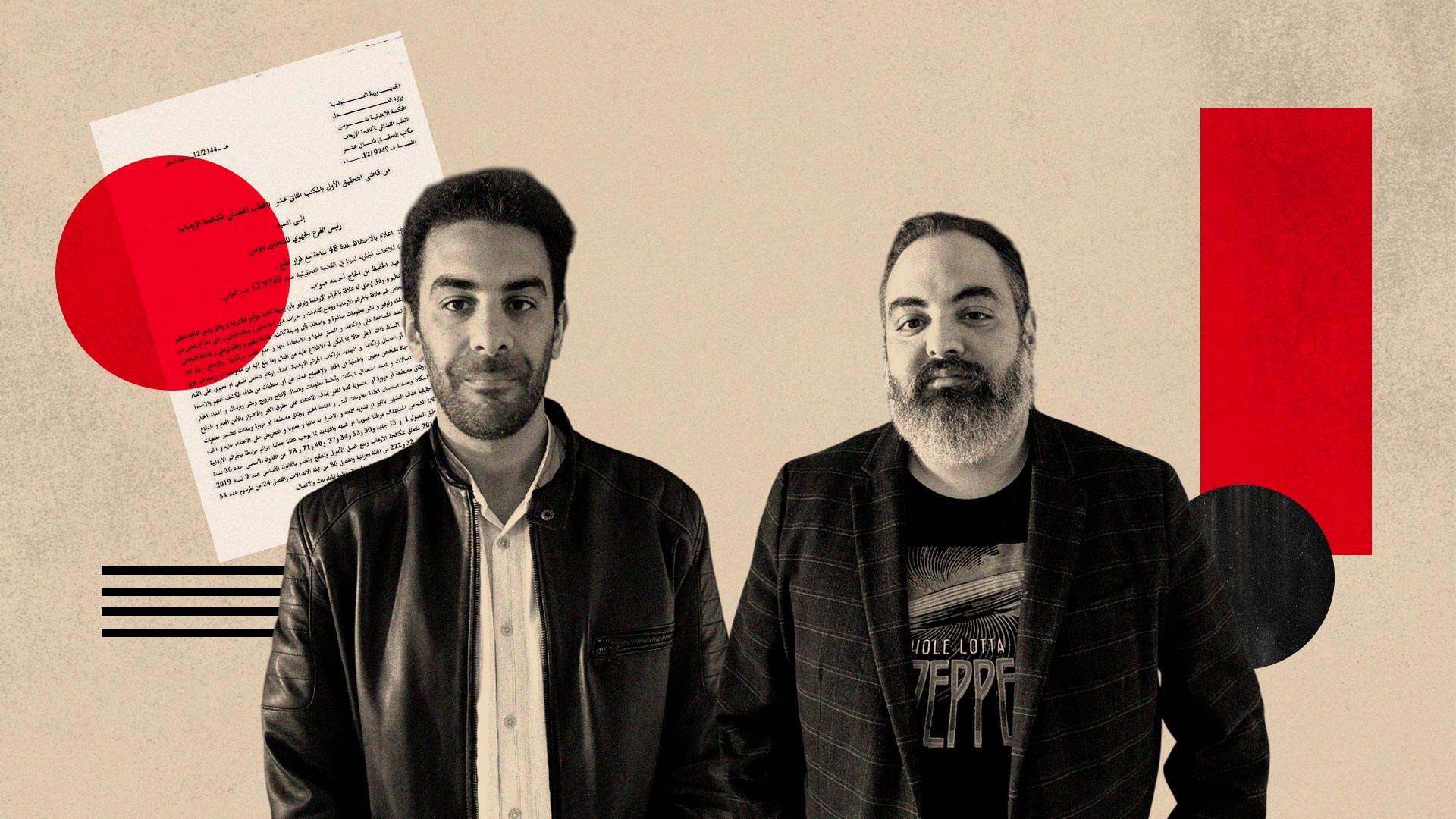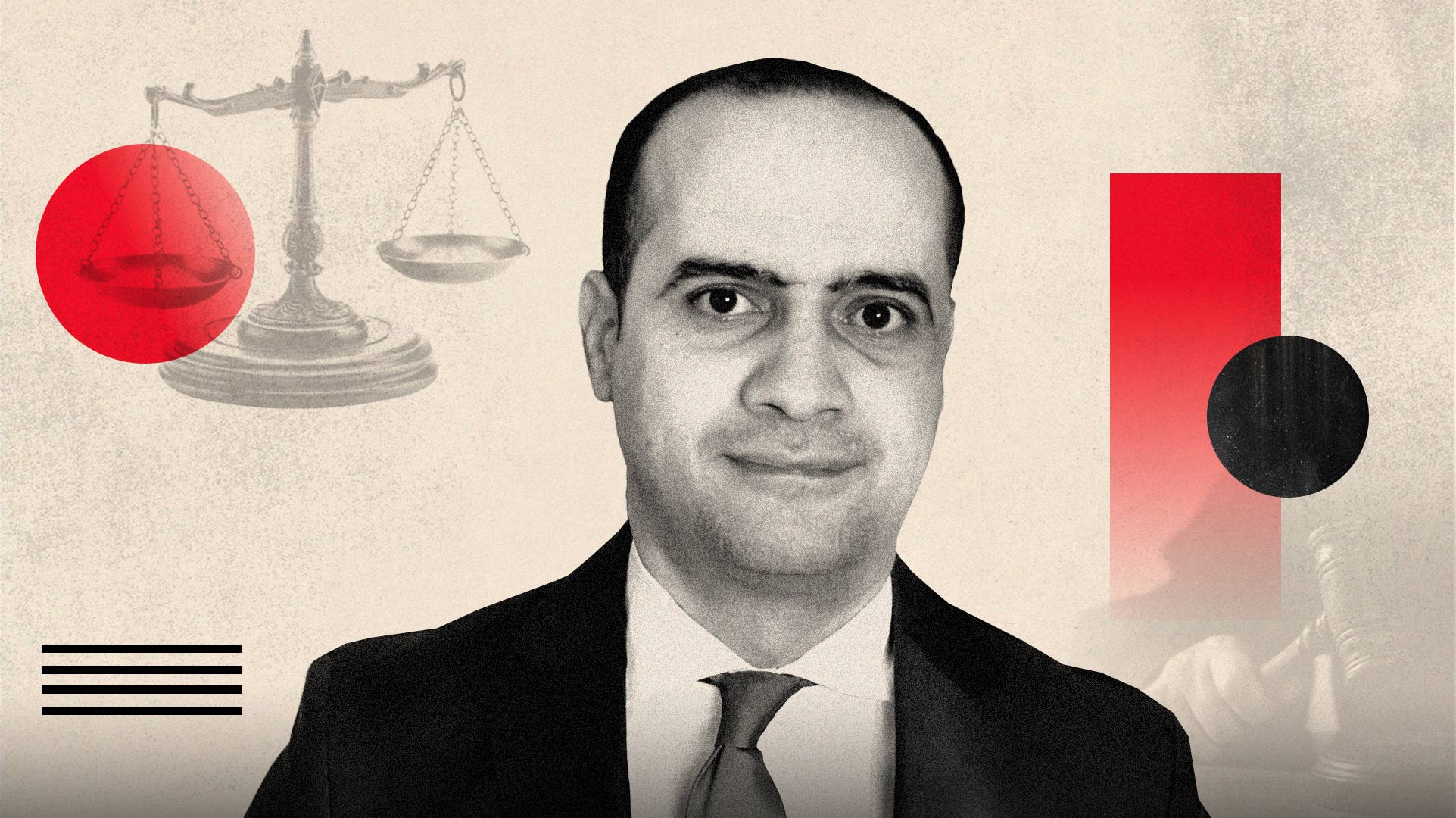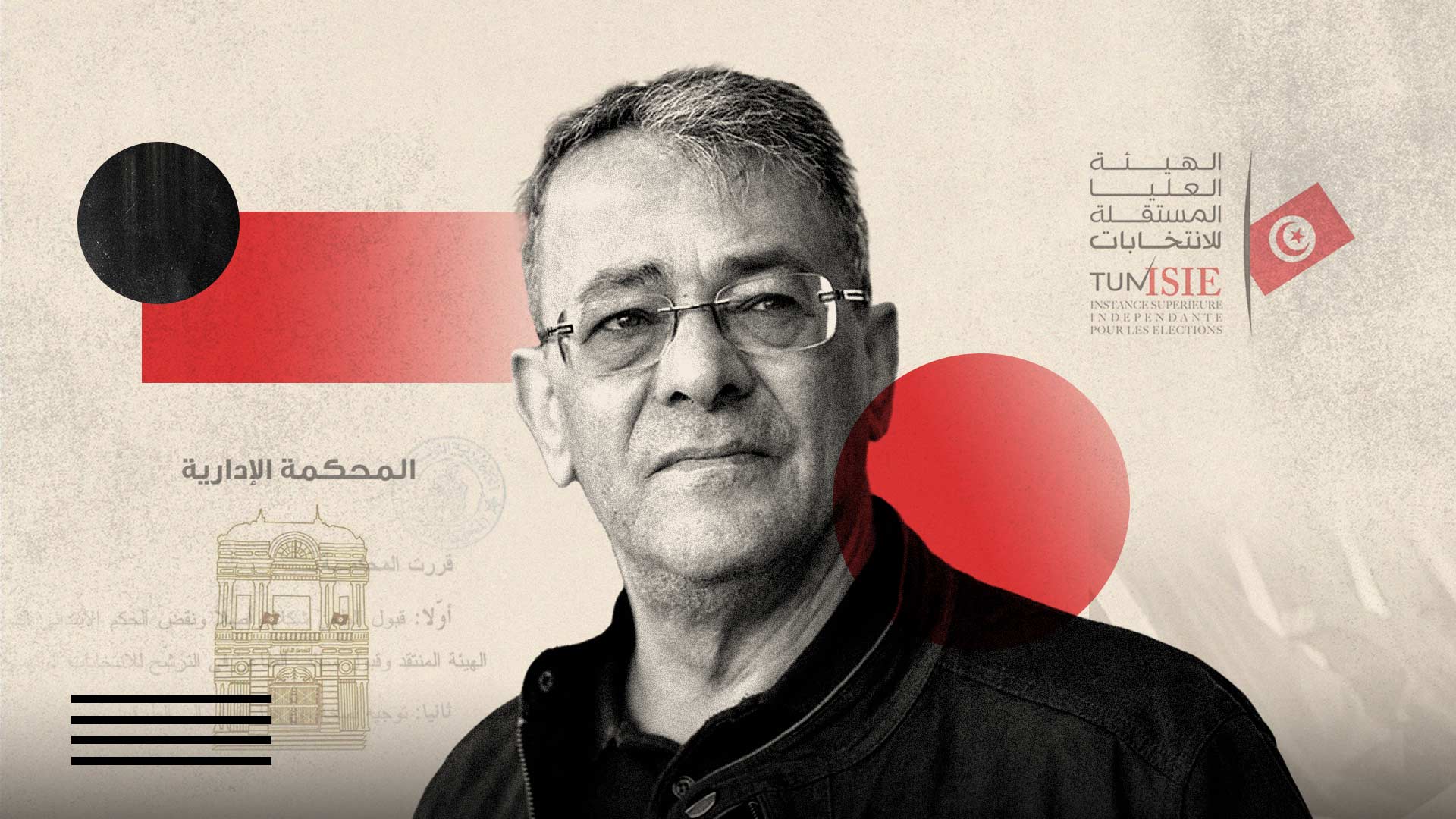The Dilemma of The Antiterrorist Justice System
Latest episode
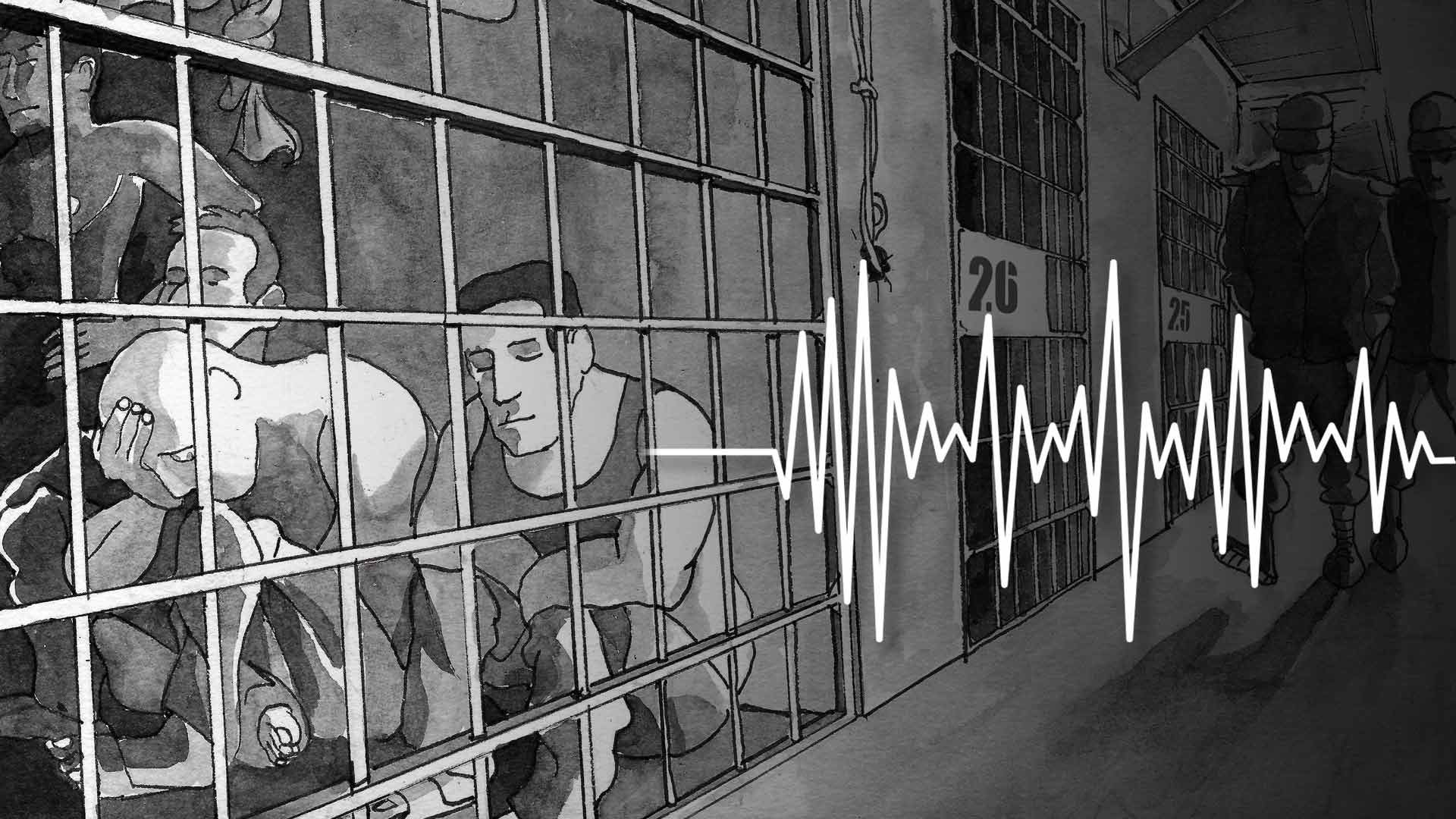
Torture and detention: A Radicalisation Machine
ALL EPISODES
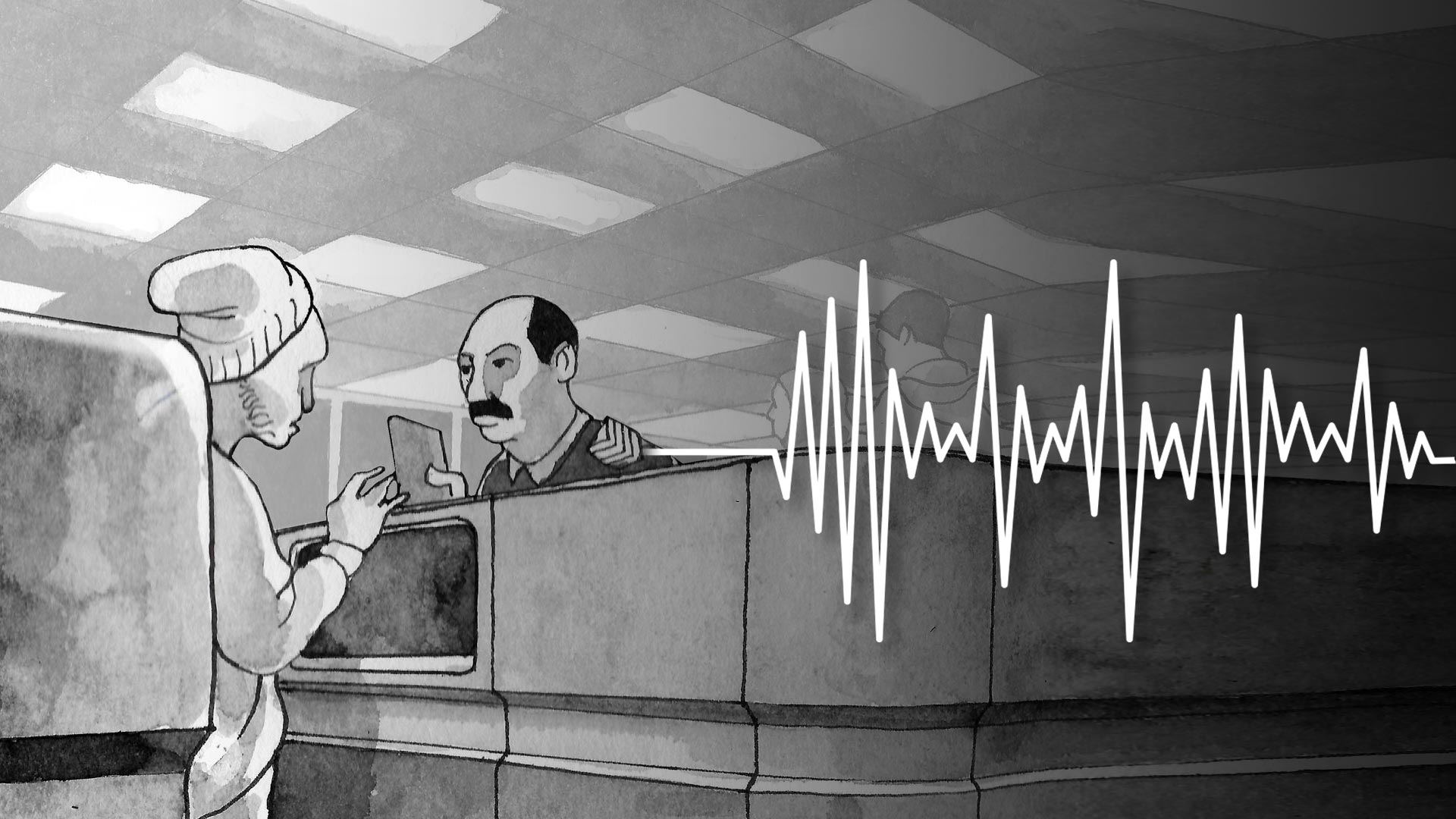 | EPISODE 3The returnees who cannot return | Should Tunisian ex-combatants of the Islamic State be repatriated in order to be judged? This is a divisive issue in Tunisia. Given the differing estimates, it would be tricky to try to present an exact number of potential returnees, thus the National Security Council has decided that for the time being, only a few individuals will be repatriated. However, the challenge remains in the inability to guarantee a fair trial. | |
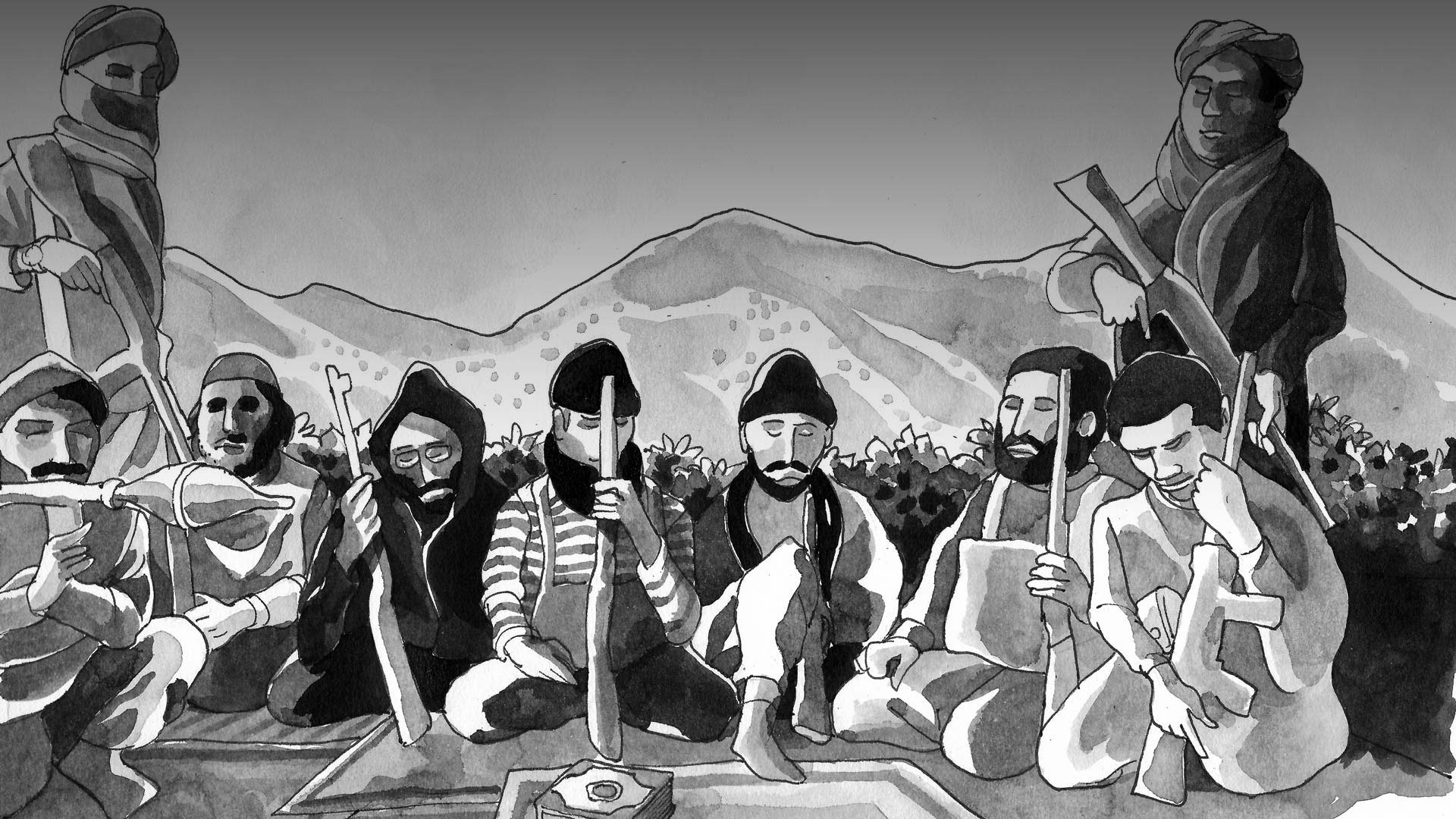 | EPISODE 2The Origins of the Disaster | Following the two terrorist attacks in 2002 and 2007, the propagated image of terrorism not being native to Tunisia was shattered. In 2011, a general amnesty for all political prisoners further contributed to the already fragile security situation. Between political negligence and tightened security, the handling of terrorism-related cases in Tunisia over the past two decades provides necessary insight for understanding the precarious situation today. | |
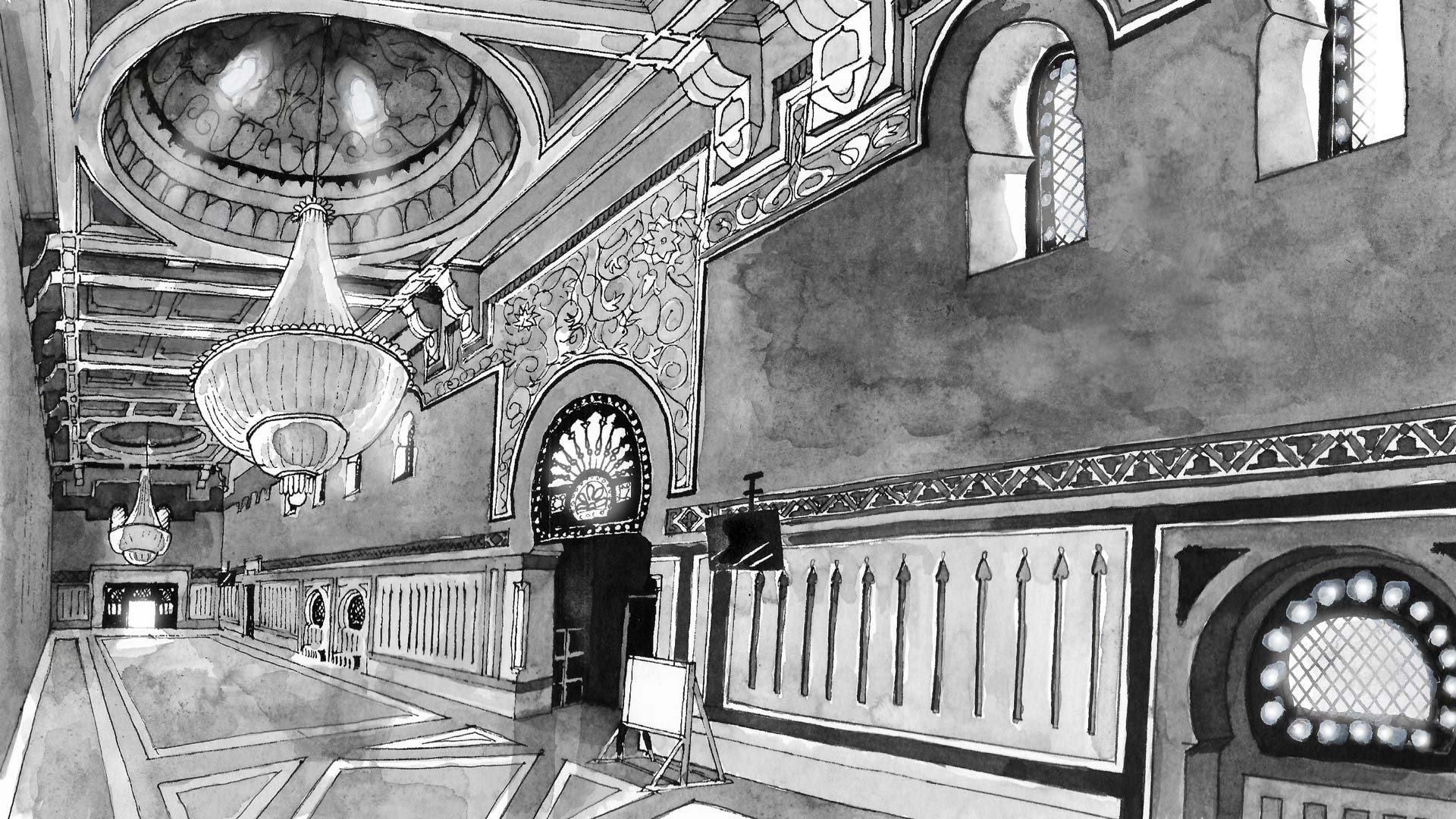 | EPISODE 1The Inner Workings of the Tunis Courthouse | Inside courtroom No. 6, the defendants respectively appeared before the judges and lawyers, as their families anxiously looked on. It was here that the hearings, condemning hundreds of suspects for being directly or indirectly linked to terrorism, were endlessly held. These young people embodied the consequences of the painful debate concerning the Tunisian justice system, security institutions, and public opinion. | |
Recommended for you
Special interview with Saeb Soueb and Ayoub Ghaloussi
The future of justice in Tunisia: Between challenges and resistance, Special interview with Said Ben Arbia
Special interview with Ahmed Souab: serious repercussions from ISIE's refusal to enforce administrative rulings
ABOUT
Inkyfada Podcast is the first platform entirely dedicated to original Tunisian podcasts, and was conceived by Inkyfada media in collaboration with the in-house research and development laboratory, InkyLab. Inkyfada joined the global podcast boom in 2017, when the team produced the first Tunisian audio documentary, diving deep into the belly of the El Kamour struggle taking place in the desert. Since then, Inkyfada Podcast has produced a wide variety of documentaries, investigations, and podcast series, as well as articles accompanied by music; covering a multitude of contemporary issues in order to offer an immersive and alternative podcast experience. Whilst exclusively offering audio content, the Inkyfada Podcast team upholds the same core values and principles of inkyfada.com, and is committed to producing high quality content though a dynamic and meticulous production process. In addition to the permanent team, Inkyfada podcast works closely with various journalists, artists, illustrators, musicians and other content creators in order to diversify the platform and support artistic creativity. These podcasts differ from traditional radiophonic content in that the applied production and editing process is more akin to cinematographic techniques, in addition to being web-based, downloadable and accessible on demand. Additionally, Inkyfada Podcast uniquely offers subtitles in French, Arabic and English for all audio content, the majority of which is recorded in Tunisian or in the preferred language of the speaker in question.




